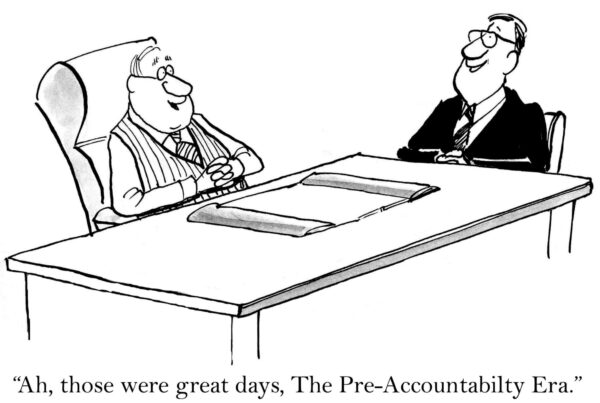Even the most talented, driven businesspeople often need to pay more attention to the time it will take to accomplish a task. Whenever I challenge my coaching clients to time-block a project in their calendar, they significantly misjudge how long they will need to complete it, sometimes by up to 50 percent. Why are we so optimistic when it comes to estimated completion time?
Why Are We So Bad at Estimating Time?
No matter how experienced we are in our careers, projects almost always take much longer than we first imagine they will. In 1979, psychologists Daniel Kahneman and Amos Tversky named this phenomenon the planning fallacy.
A few factors contribute to the project time planning fallacy. For one, we tend to be overly optimistic during the estimation process. We usually plan for the best-case scenario, leaving little wiggle room for setbacks and obstacles. It makes us look more competent when we can promise an early deadline, but only if we can deliver.
Another aspect of the issue is our incomplete memory of prior events. We may need to remember how long previous tasks have taken us to complete, or we may attribute past issues to outside circumstances that will not come into play a second time. Often, we blame others for these hold-ups without taking accountability for our part in the delay.
Some might also be wishful thinking—we want a task to be done quickly, so we’d like to think it won’t take long. Ultimately, the result is the same: we deliver the project much later than our initial estimated completion time.
How to Estimate Time for a Project
No one is entirely immune to the planning fallacy. Fortunately, once you’re aware of it, there are ways to improve the precision of your estimated completion time. Here are 5 tips to help you calculate a more accurate timeline for future projects.
- Make a list of required tasks for your project, then separate each into subtasks. Continue until every task is broken down into its most minor form.
- Calculate an estimated completion time for each of these small steps. Think back to how long similar projects have taken you in the past.
- Brainstorm all possible delays and obstacles, then add time to account for these. While it’s unlikely that everything will go wrong, you will almost certainly encounter at least a few hiccups along the way.
- Add in time for revisions. Rushing the process towards the end will only lead to careless mistakes.
- While working on the project, track your time to see how accurate your estimations were. Document these numbers so you can consult them down the line.
Learning to hone your productivity is crucial for your success. I’m always happy to help my clients become more efficient in project planning. Click here to schedule a complimentary video call with your favorite business coach. Let’s talk about how to calculate the estimated completion time.
Coach Dave
- If You Are Considering Starting a Business, Read the Book The E-Myth Revisited First - October 16, 2025
- Here’s a Must-Read Book: The Four Disciplines of Execution - October 9, 2025
- Don’t Procrastinate: It’s Time to Do Company Succession Planning - October 2, 2025



